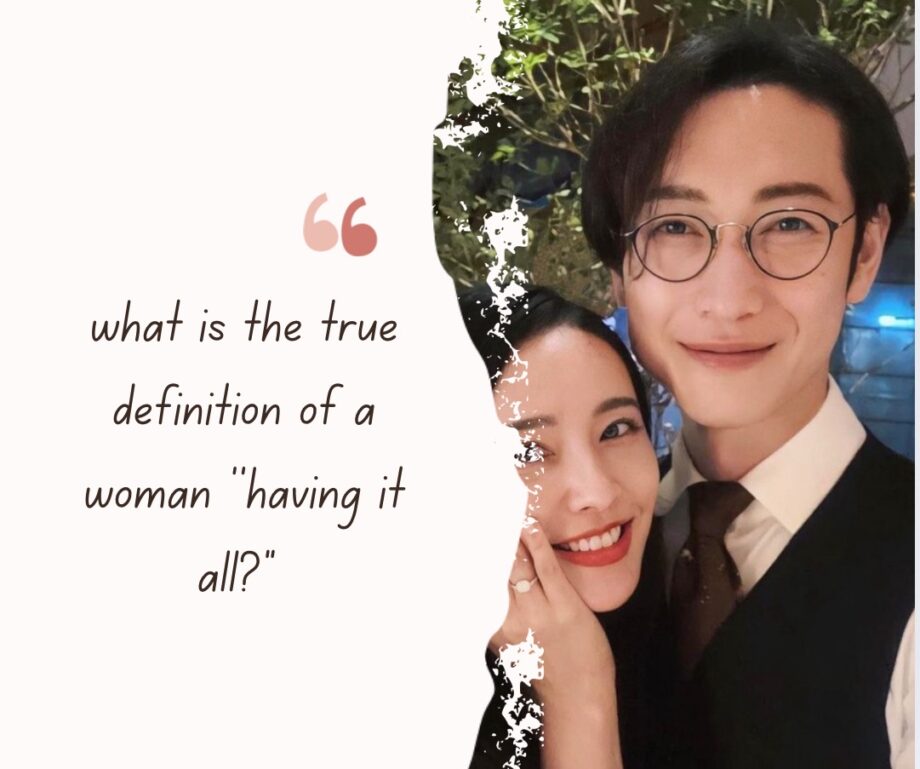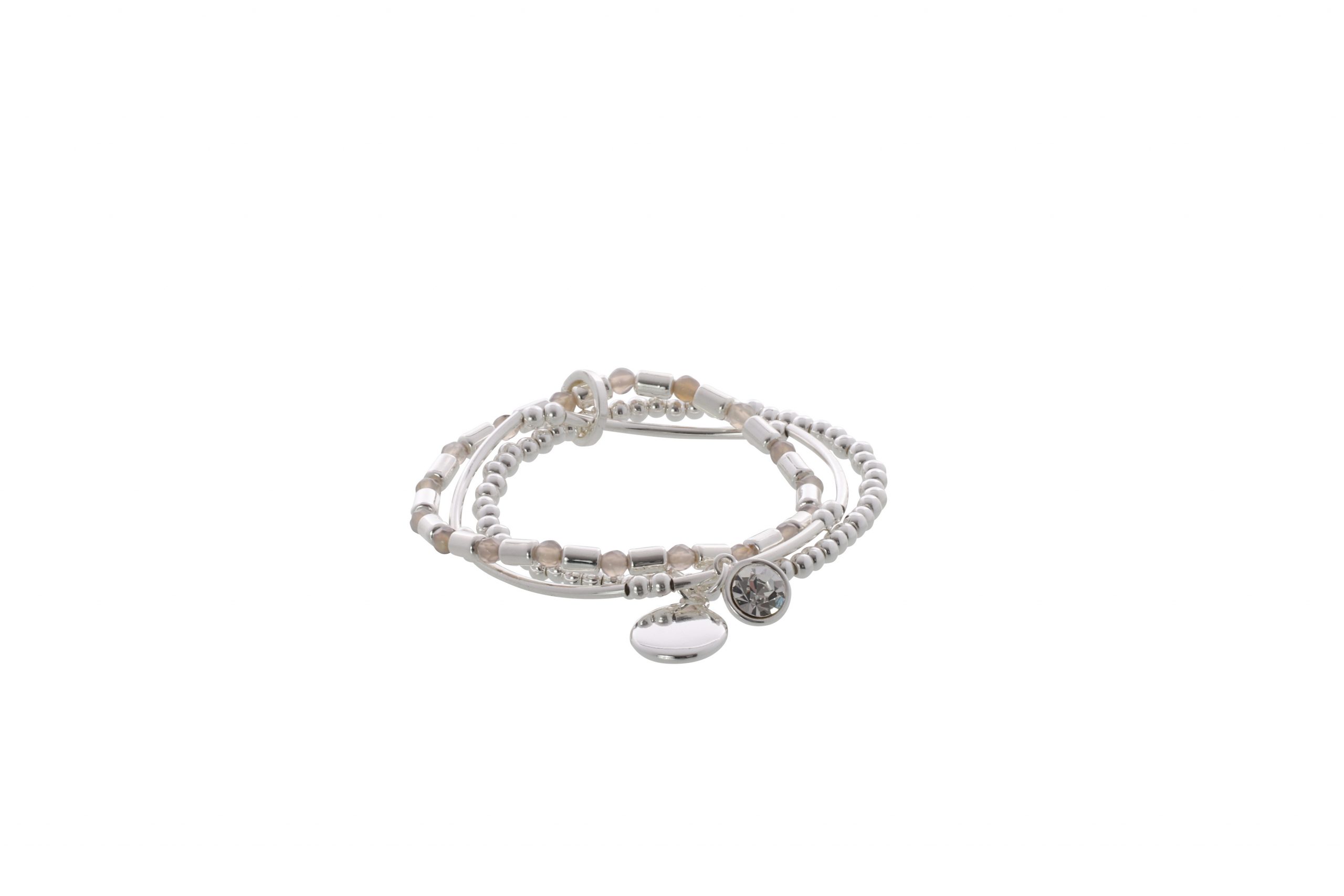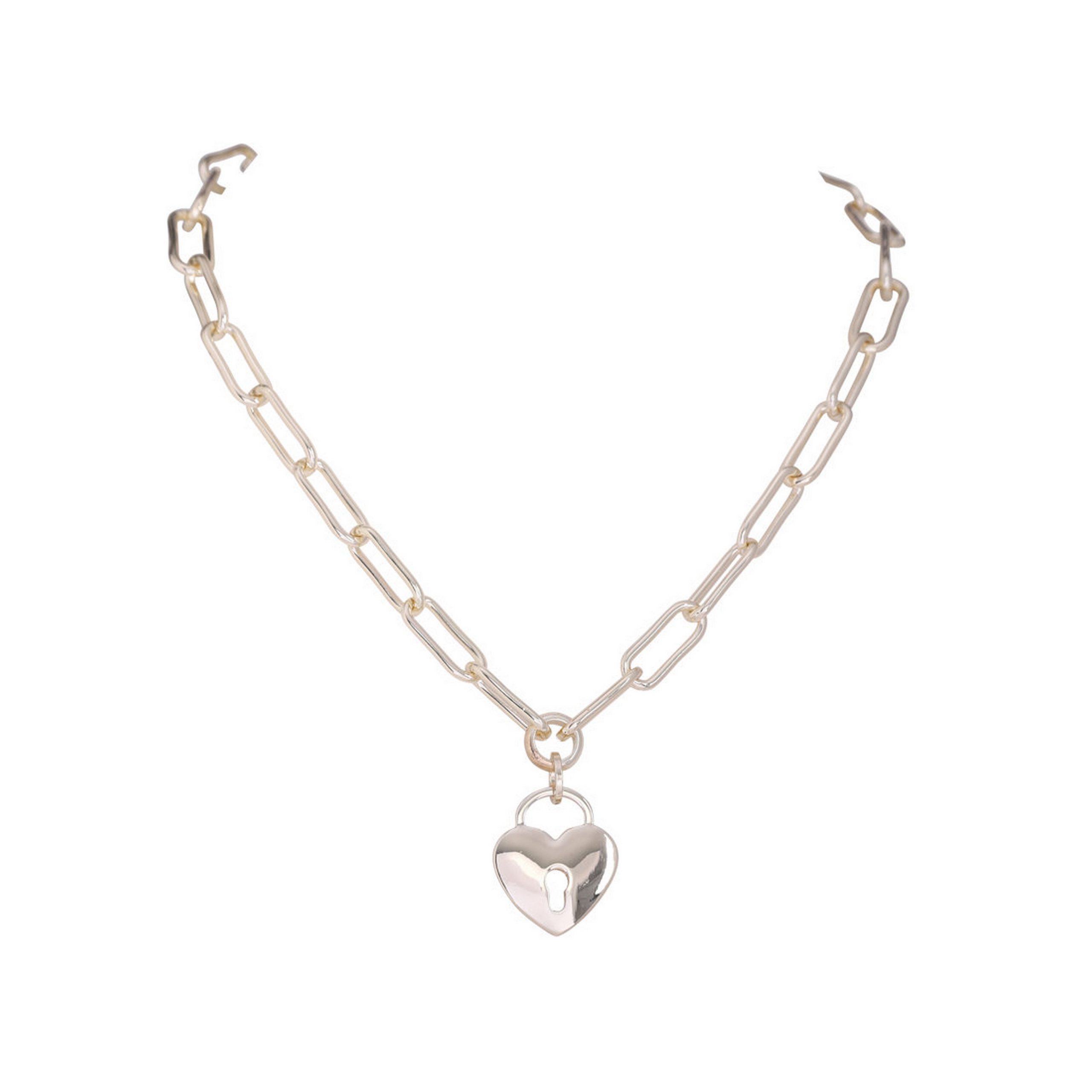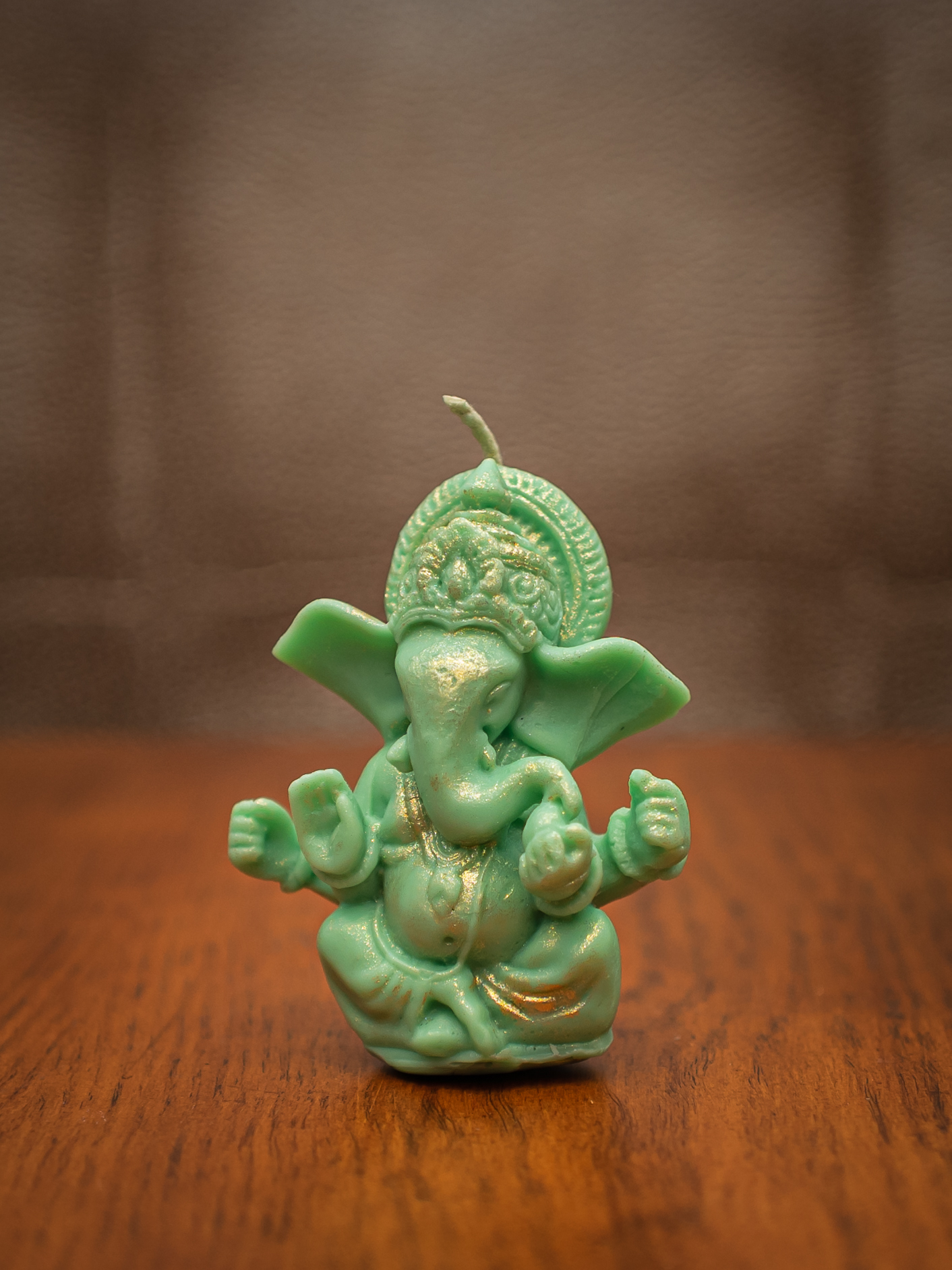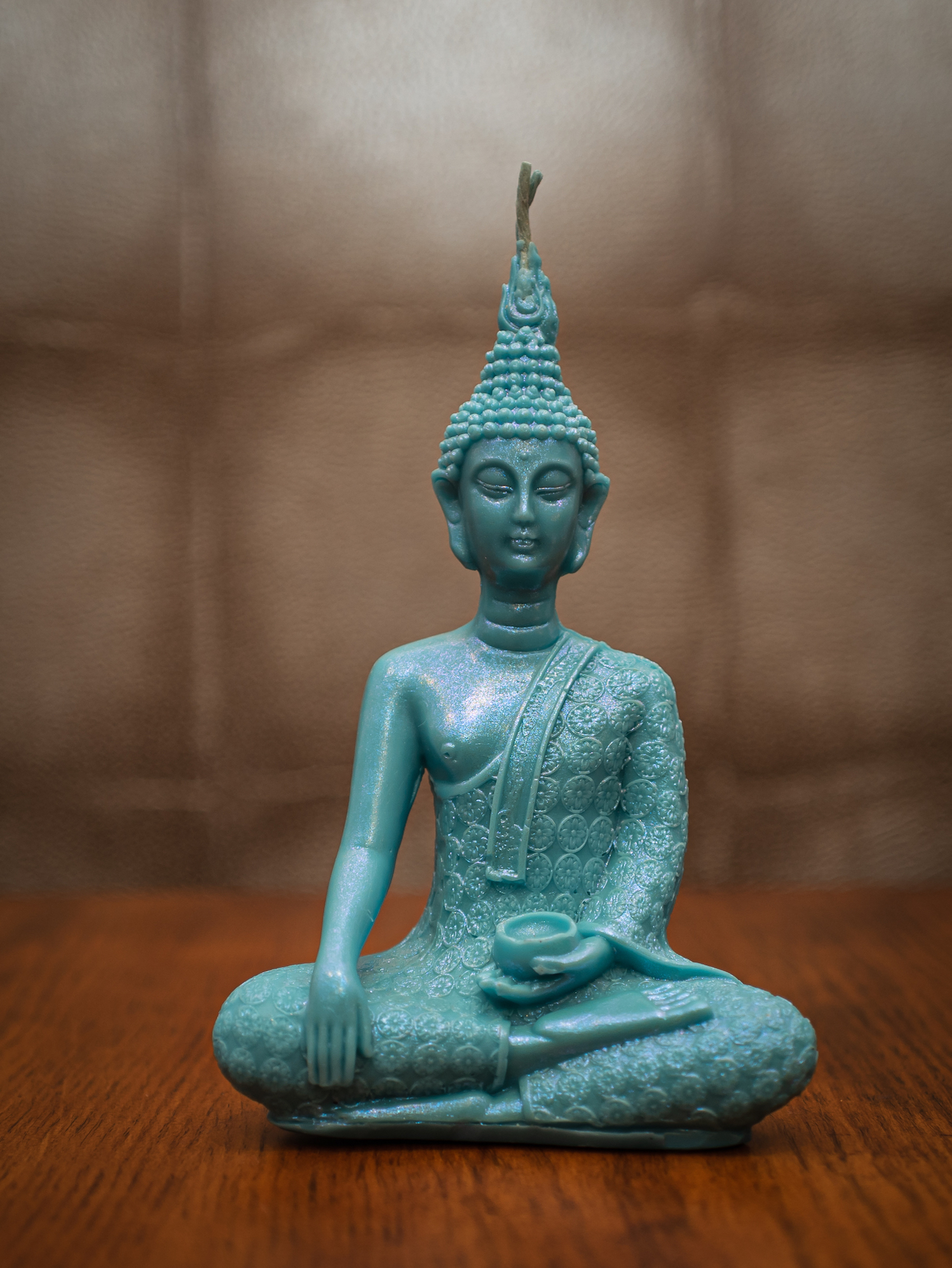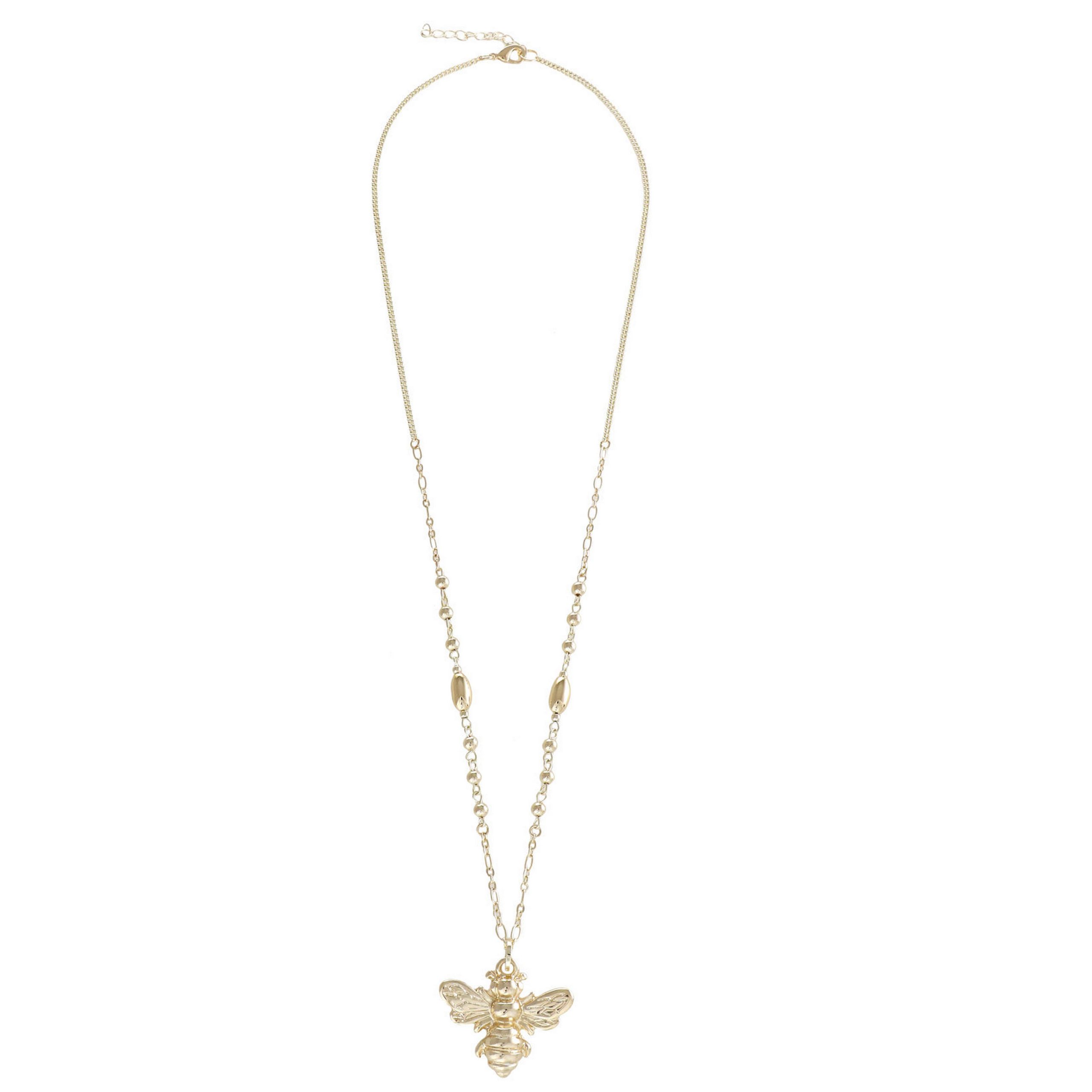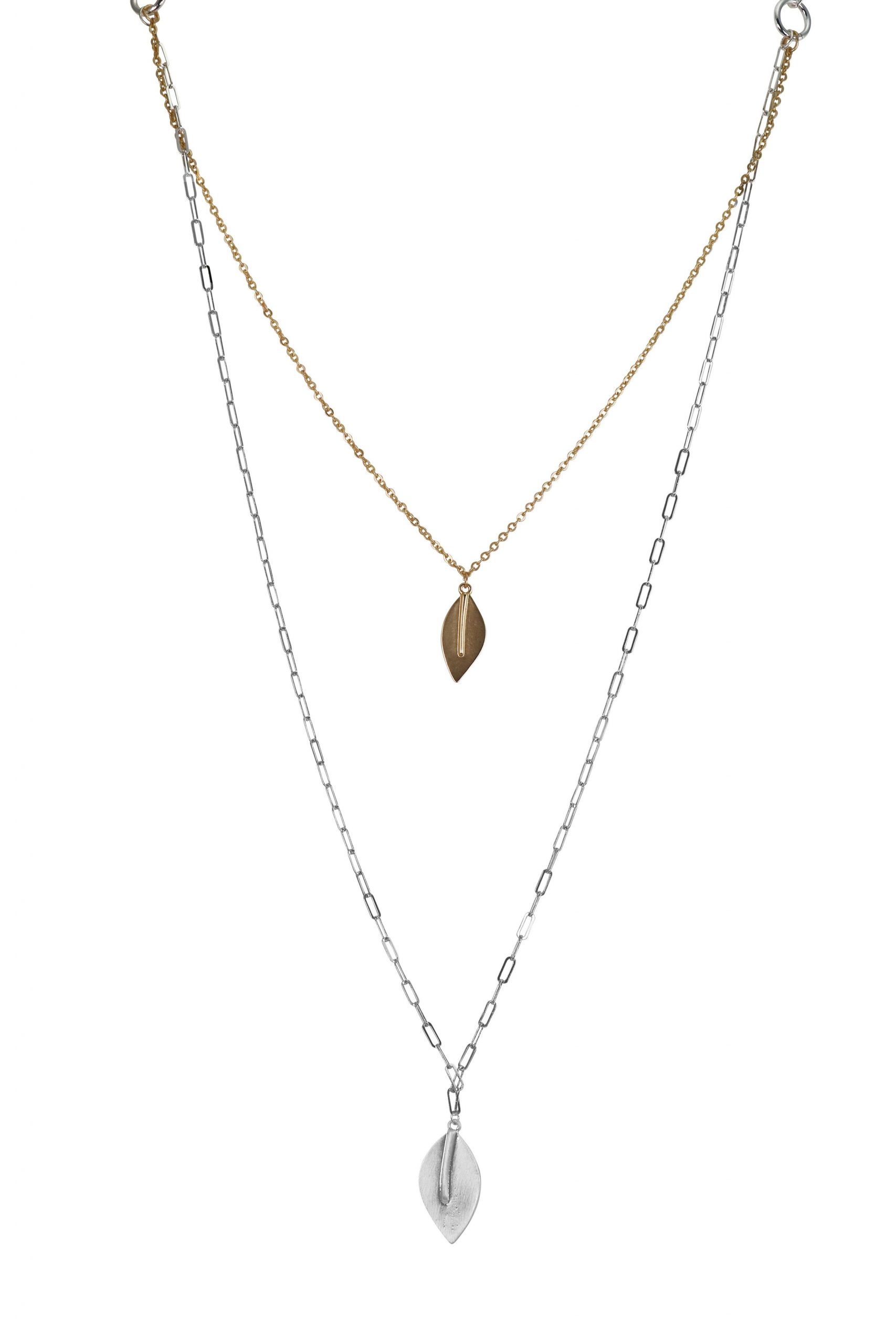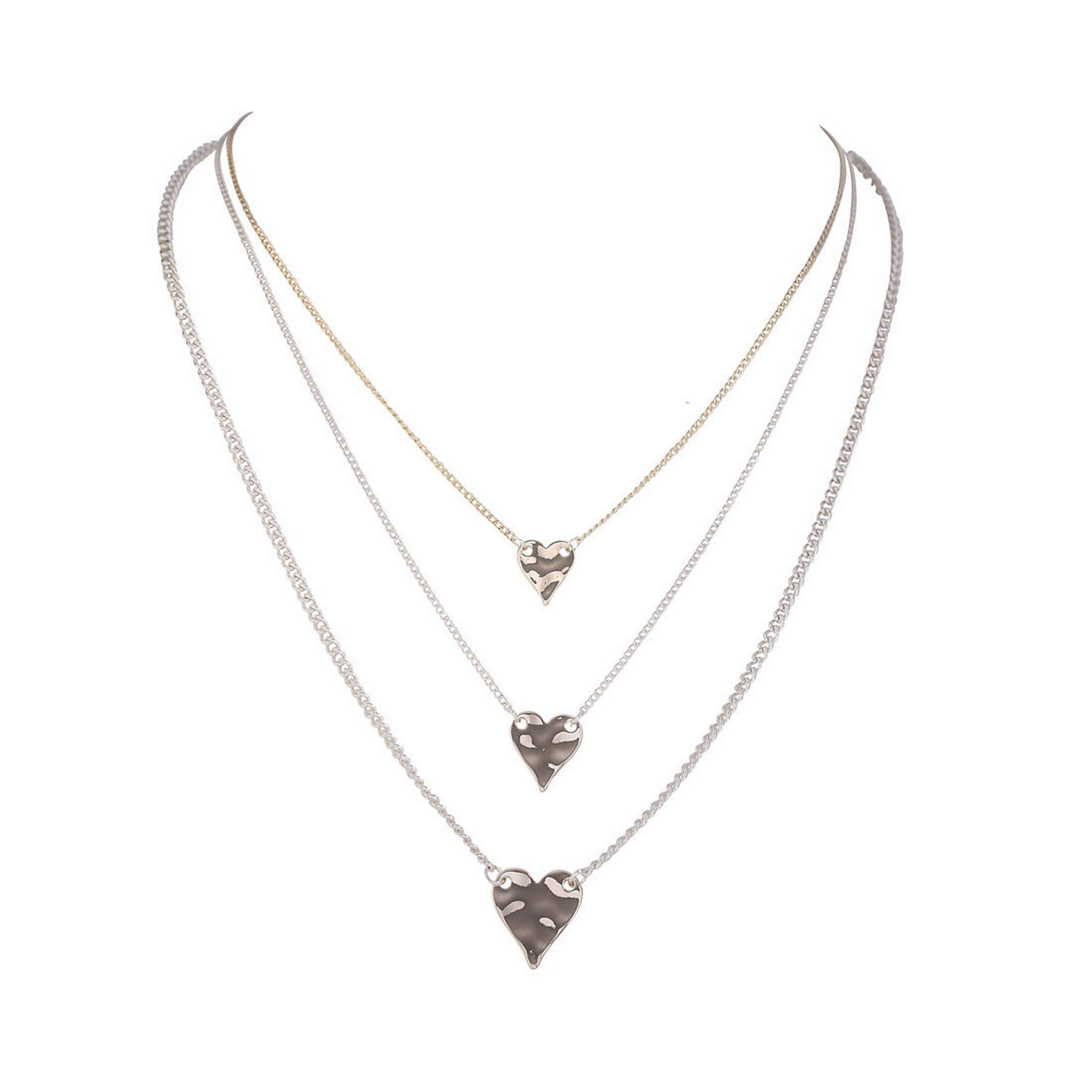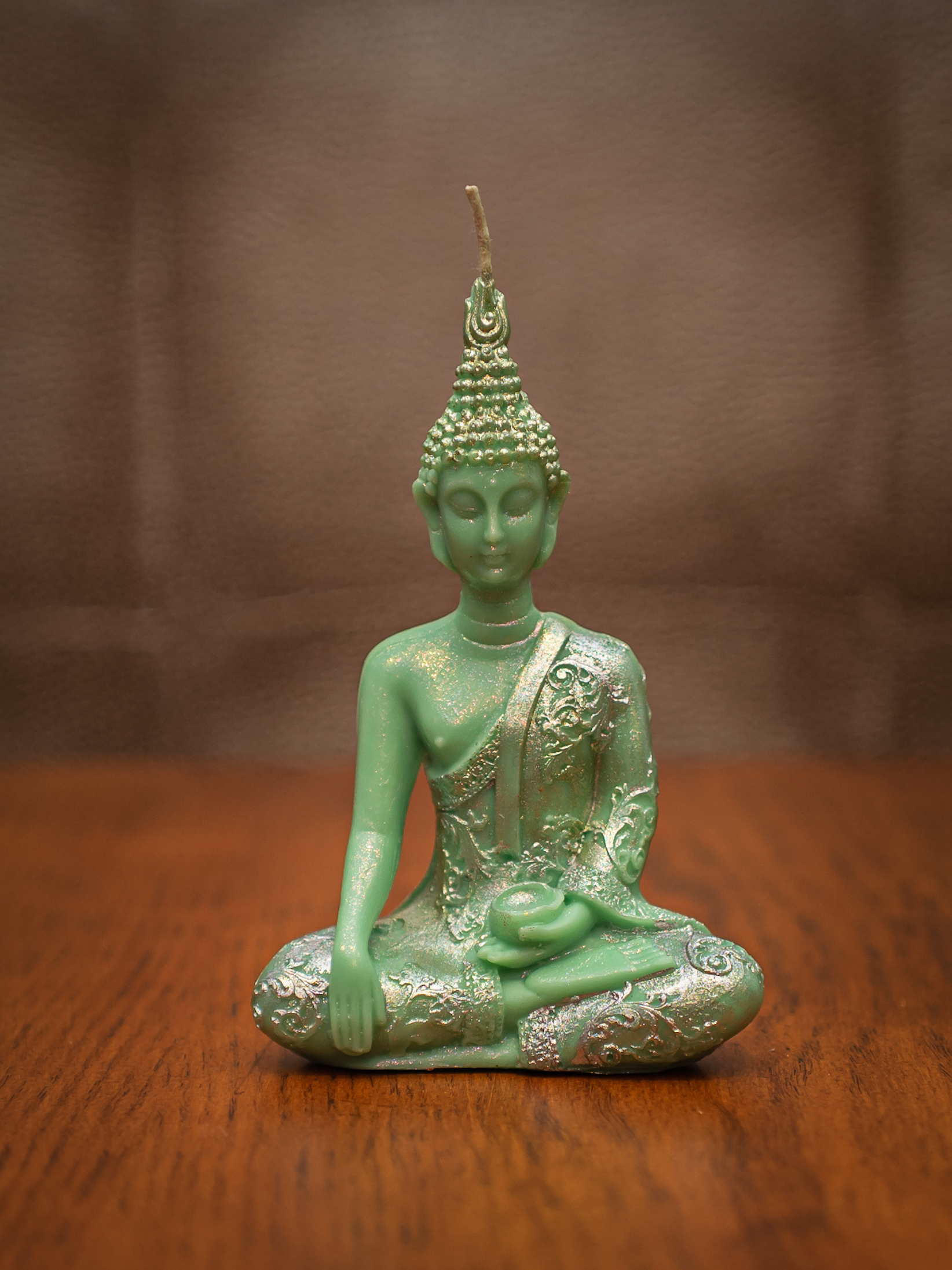Can women really have it all? – that’s a question that’s been heavy on everyone’s minds in recent years. We’ve been trying very hard to define the true meaning of a woman having it all. The phrase itself became popularized in the 1980’s by Helen Gurley Brown, the former editor of Cosmopolitan magazine, who popularized the idea and coined the title of her 1982 book, ‘Having It All: Love, Success, Sex, Money . . . Even You’re Starting With Nothing.’ The phrase gained popularity during a time when women were increasingly entering the workforce and challenging traditional gender roles. While the phrase initially resonated with many, it has since faced criticism for potentially placing undue pressure on women to achieve an unattainable standard of success and fulfillment.
Brown, a prominent figure in women’s magazines, used the phrase ‘having it all’ to promote the idea that women could achieve success in both their personal and professional lives, despite societal expectations. Her book further cemented the phrase in popular culture, suggesting that women could have careers, relationships, and a fulfilling personal life. There was just one problem with her testimony: she didn’t have children. That in itself made her an unreliable source of inspiration to tell women that they could have it all, especially during a time when it was seen as an expectation by society for a woman to be a wife and a mother above everything else.
This leads to me to discuss ‘Love Is Blind: Japan’. Out of all the versions of ‘Love Is Blind’ that Netflix has produced, it’s my favourite one. It really showcased the sense of the cultural differences between Japan and North America. For me, on a personal level, it was mind-blowing and eye-opening. This particular version of the empire, as well as the Habibi version, which we’ll talk about in the next post, really captured the essence of women’s roles in society, and whether they can, in fact, have it all, just like insisted in the 80’s. There were several couples from the Japanese version of ‘Love Is Blind’ that really stood out for me. These were Mori and Minami, Mizuki and Priya, Shuntaro and Ayano and Yudai and Nana. I think it’s best to describe the 4 couples separately first, so without further ado:
Mori and Minami
As the saying goes, ‘You don’t truly get to know a person until you move in with them’. And that’s exactly what ended up happening in Mori and Minami’s courtship. Minami was very clear from the very beginning about her desire for freedom as a woman. She was also very aware that she’s a very direct person. Mori understood that about her, and accepted that about her. But when it came to living with her, he realized that her direct approach wasn’t something he was willing to tolerate. For instance, he didn’t like the way she asked him to clean up after himself. In his view, she wasn’t polite enough for him. It’s important to remember that they’re in culture where being polite is a curtesy. And yet, is it really realistic to ALWAYS be polite in a relationship, especially when your partner frustrates you as you keep asking them nicely to do something and they don’t do it? Miro, in turn, consistently asked her to change her personality.
That wasn’t the end of their vastly different approaches to how they lived their lives. Mori said to Minami that he wanted a partner who’d support him and his dreams. At an instant, I asked myself, ‘But what about supporting her and HER dreams?’ But of course, he only thought of his dreams and his desires. He wanted to travel to Australia, and he expected Minami to simply follow her everywhere and anywhere she went, without question. Mori was looking for a partner who would place consideration for him over everything else: her own financial security, her communication style and her lifestyle. Such subordination based on gender is, historically, the social norm. Minami clearly stated that she wanted to work, even when she had kids. She wanted to have her own life outside of him, and that just didn’t slide with Mori. Ultimately, that was the end of their relationship.
Mizuki and Priya
This is a case of a very wishful thinking, lying, and deceit. They were a couple that didn’t seem completely matched up from the start. Priya, who was Miss World Japan 2016, was always open about her career ambition and personal goals, and she always encouraged Mizuki to find his own path to happiness. He didn’t have much of any. Or he did, but they all seemed to be in his head, and not anything that was realistic by any means. Priya expressed her concerns on how Mizuki painted himself to be more ambitious than he actually was, and she openly admitted that she thought he was pretentious. Starting from the beginning when he told her he wanted to move to Australia, Priya questioned his plans to achieve that goal. He didn’t have an answer for her. The answers he gave her were very much unrealistic, which brought Priya to doubt her relationship with Mizuki. He mostly gave her the answers that she wanted to hear. For instance, he told her that his goal was to bring in a monthly income of a million yen, which comes down to 6,683.80 USD. With that in mind, he simply just expected her to be a housewife and move around the world with him. What worries her was that he didn’t have any set goals in place. When she voiced her concerns to him, he didn’t seem like he was taking her seriously. Instead, he looked annoyed; like he didn’t want to be where she was.
The biggest downfall in the relationship between Mizuki and Priya, which eventually led to their breakup, was when Priya caught Mizuki in a lie. He initially told her in the pods that he was a business owner. When they actually got to the restaurant, she learned that it wasn’t true, and that he was just an employee there instead, and that the owner who employed him was his friend. When she broke up with him, she bravely told him, ‘I know I can make you happy, but I don’t know if you can make me happy.’ In spite of it all, Mizuki is actually living in Australia in the present day, like he said he would, and Priya is is running her skincare brand.
Yudai and Nana
These two seemed like a solid couple when they left the pods despite their age-gap relationship, with Nana being the older of the two. She was 31. He was 23. They’d openly discussed the less common dynamic of an older woman dating a younger man, and it very much seemed like the age difference wouldn’t be an issue. Eventually, however, their differing ideas about marriage and when to have children was their undoing. It was then revealed that Yudai wasn’t fully truthful with Nana in the pods, and mostly told her what she wanted to hear. The biggest thing for Nana was her eagerness to have children soon after marriage. This was due to her age. In the pods Mizuki assured her that he’d be fine with whatever she decided when it came to their timeline. She bright up the topic again after they met in person, and he seemed to have a different take on the matter entirely, telling Nana he wasn’t ready to have kids just yet. Had he told her straight away that he wasn’t ready to have kids, she wouldn’t have continued the experiment with him, as this was a big factor in her future plans. With that said, they ended the relationship. There’s no animosity despite their breakup. In a March 2022 Instagram post, Nana wrote, ‘Although we didn’t work out, I definitely liked how he was independent and free-spirited’.
Shuntaro and Ayano
Ayano had big hopes for her future in finding ‘The One’ on the show, but seemed to have a tough time doing so. While she was nearly immediately interested in two men, neither returned her affection. It seemed as though her happiness depended on finding her future husband. She then connected with Shuntaro. The 16 year age difference, with him being older, didn’t seem to bother her…at first. There were signs right from the very start that they weren’t right for each other. During their dates in the pods, Shuntaro seemed to give Ayano advice to her problems or inconveniences that she voiced to him. They seemed to have more of a friendship rather than a partnership or a romantic connection. Not only that, but they seemed to have had a more parent-child like relationship, especially when Shuntaro was giving advice to the much younger Ayano. She told him in the pods that she respected him, but it seemed to have only been true in the fact that she respected him as her elder; not as a romantic partner.
After they left the pods, Ayano didn’t move in with Shuntaro, and she’d ghosted him for several days thereafter. Shuntaro was confused by that fact, and questioned if she loved him in the first place. When she finally came to see him, it was evident that she wasn’t committed to him. As she came to his house where she would’ve lived had they got married, she acted as if she was a visitor rather than someone who had domesticated in the property. He finally brought this up to her, and she then admitted that she had her own frustrations; mainly, in that he treated her as her boss rather than a partner.
They tried to work on their relationship after the talk, and they did have some great, fun dates together where we saw them enjoying each other’s company. But then came the pressure of meeting each other’s families. Ayano’s father didn’t approve of the relationship due to the age difference, and even refused to meet Shuntaro. When Ayano introduced him to her friends, they confirmed to him that he wasn’t alone on his feelings that it was hard to read her, and that was part of the reason he couldn’t go with the wedding. Instead of being upset about it or trying to fight it, she seemed to be relieved. In a confession, Shuntaro said of Ayano that she was selfish and didn’t care for his feelings.
Other breakups…
There were two other couples who broke up on the show. These were Nanako and Odacchi and Misaki and Kaoru. Nanako and Odacchi seemed to have connected in the pods solely because technology wasn’t allowed to be in use. Had it been allowed, Odacchi would’ve been too busy to care about anyone or anything. He and Nanako connected on a deep level in the pods, but things drastically changed once they left. Odacchi’a personality drastically changed. He wasn’t interested in anything but his laptop. If they did any activities together that didn’t involve being inside where his laptop was, Odacchi seemed bored and looked like he would’ve preferred to be anywhere else than with his partner. Nanako felt a sense of rejection by her partner’s obvious disinterest in her, especially as she was married once before. His excuse was that he was an introvert. Technology seemed to have been his escape from what he was afraid of, which was facing the real world with Nanako. After much deliberation, Nanako decides to end the engagement.
And finally, there was Kaoru and Misaki. This was a surprising couple; one that shouldn’t have happened in the first place. The only thing these two seemed to have in common was that they both travelled to Kenya. Otherwise, they just didn’t blend together as a couple; especially a couple that was planning to get married. Misaki seemed to be more interested in having fun, and that was HIS idea of the relationship. He never seemed interested in getting to know Kaoru on a deeper level. He didn’t even know her last name. He didjt egen tell the friend he introduced his fiancée to that he was engaged before the introduction. The last straw for Kaoru was when she told Misaki of an event that happened in her past that hurt her and still haunted her, and he responded insensitively telling her it was all in the past and therefore should move on.
Couples that worked…
But there were couples that made it to the alter and said ‘I Do’, and surprisingly, they’re still going strong. These couples were Ryotaro and Motomi and Wataru and Midori. Ryotaro and Motomi connected almost straight away, in the cutest way possible. They just seemed to have had something very special. Motomi seemed to be interested in a few different men in the pods at first, and yet she and Ryotaro were able to speak together in a way that she couldn’t match with anyone else. Like Nanako, Motomi was previously married, and therefore had her own reservations about the experiment itself and having to open up to someone else about it when trying to make a connection. She and Ryotaro had somewhat of a rocky beginning when she first saw his blond hair, but when she got used to it, she adapted and their romance blossomed and only got stronger from that moment forward. They were able to build a friendship together that went beyond just love. They not only loved each other. They liked each other. And when it came time to meet her parents, Ryotaro even dyed his hair black, for as to make a good impression on his future in-laws. Motomi voiced her concerns on how her father would view Ryotaro’s hair colour, as a man having blond hair, in Japanese culture, is seen as a ‘bad boy’, and someone not to be taken seriously. Motomi’s father wasn’t thrilled about the nuptials, but he was willing to get to know his future son-in-law, and that was the most important thing. In 2023, the married couple welcomed their first child together, a boy.
Next we have Wataru and Midori. These two had a very interesting dynamic in the pods. Midori liked Wataru, of course, but wasn’t sure she was ‘The One’. Wataru understood that and became very insecure. She worried she might lose him, so she put together an actual presentation about why they should get engaged. With that said, the two became engaged. Midori even proposed a second time when they were living together after Wataru showed some hesitancy as she doubted that she deserved him in the first place. All she was doing was self-sabotaging herself and the relationship as a whole. She was looking for flaws in the relationship that weren’t there to begin with. Luckily, she had her mom to talk some sense into her. The two ended up marrying, and in 2023, had their first child together, a girl.
And in a complete twist of fate Mori and Ayano became a couple after filming the show and are now MARRIED. Despite the many break ups we saw on the show, the Japanese version of ‘Love Is Blind’ has the highest success rate out of all of them. And yes, I realize there’s only one season, whereas the rest of the versions have multiple seasons. But even if the Japanese version went to continue with production, we still would’ve seen a high success rate. There are a number of reasons for that. When we think of love, it’s important to realize that while the core human experience of finding love and navigating relationships is universal, Japanese culture emphasizes subtle, indirect communication and a focus on compatibility and shared values over initial physical attraction. And to look at it in a more in-depth view:
- Subtle Communication: The show highlights how Japanese communication is often indirect and nuanced, with participants relying on subtle cues and body language rather than direct expressions of affection.
- Emphasis on Compatibility: The show underscores the importance of shared values, interests, and compatibility in Japanese relationships, with participants focusing on understanding each other’s personalities and lifestyles.
- Shyness and Respect: The show portrays a culture where shyness and respect for others are valued, which can manifest in polite greetings, cautious interactions, and a reluctance to express emotions openly.
- Family’s Role: The importance of family and community in Japanese culture is also evident, with participants considering their families’ opinions and expectations when making decisions about marriage.
- Slow Burn Relationships: The show’s slow-burn approach, with participants getting to know each other through voice and then gradually meeting in person, reflects the Japanese emphasis on building relationships gradually and carefully.
- Universal Themes: Despite cultural differences, the show also reveals that the universal human experience of finding love, facing challenges, and striving for happiness in relationships remains.
If we even look at the Brazilian version of ‘Love Is Blind’, which I talked about in my previous post as the subject matter, throughout the 3 seasons, there are now at least 6 couples who separated. Which is absolutely crazy. I’m not even going to mention the US version of the show, though there are couples who are still together to this day, such as Amber Pike and Matt Barnett, who are expecting their first child together later this year. If you compare the results to season 2, none of the couples from that season are still together. Danielle Ruhl and Nick Thompson, for instance, did get married on the show, but got divorced very soon after.
It’s become absolutely no secret that at this point, contestants of ‘Love Is Blind’ come to the show mostly for clout purposes rather than to actually find love. More than anything, they look for fame. And it’s not just the US version of the series. That wasn’t the case with the Japanese version, however. The contestants were there strictly to find the love of their lives. In fact, some of these contestants didn’t even have social media platforms at all. Out of all the versions of ‘Love Is Blind’ was the least successful numbers wise, but it was the most intriguing and thought provoking one of them all. felt I learned a lot about Japanese culture and how it has changed over the last decades more than I’d ever learned from any other media format. There’s also the fact that there were drastic differences between the Japanese version of ‘Love Is Blind’ and the rest, and it’s that it gave a refreshing, unique look to reality dating shows that abandons the dramatized, staged reactions that American dating shows typically showcase. While the conversations between couples in the American version still showed intimacy and vulnerability, the Japanese version went beyond this to show the strength and struggles of the romantic relationships, along with the friendships developed between the men and women they lived with during the blind-dating portion of the show.
The format of the series was very new to Japan as they hadn’t done anything like that before. They wanted to follow in the footsteps of the ones that came before them. Producers, however, didn’t expect many couples to get engaged on their single season, so they had to make changes. As executive producer Taro Goto said, ‘Behind the scenes, we were all looking at each other in amazement as one couple got engaged after another because we simply weren’t expecting that. It did require us to make some changes.’ Mitsuko Kobayashi, another producer, told TV Guide, ‘We were counting on a bare minimum of people getting engaged out of the pods. We were planning to take them all to Okinawa for the getaway portion. But when we ended up with more couples than we bargained for, we were able to quickly pivot and decided it’s an opportunity to show different parts of Japan. We moved quickly to be able to identify other places to take them. It took a few days to scout locations and to make sure they’re appropriate for filming.’ Goto continued, ‘The amount of time that they actually spend in the pods is 10 days, which is the same as the U.S. and Brazil versions. But if you watch the show, you’ll find that we spent four-and-a-half episodes or so in the pods. We felt that was necessary — to follow all their stories, to be able to show why they got together.’ Kobayashi went on, ‘What we prioritize is elements of their stories that we found to be most relatable to our viewers. That was sort of the guiding principle for most of the editing. When they start living together, it’s only inevitable that everybody’s going to have clashes. It’s something that every couple will tend to go through around the world. So I think those are the moments that we really focus on with the next four episodes. What I was hoping for with the show is that viewers will be able to see, through the experiences of these participants, that everybody goes through these trials and tribulations in dating and marriage. There are things that we all encounter, the same difficulties and the same challenges we have to overcome in order to have a healthy marriage or a healthy relationship.’
Goto then concluded by saying, ‘There’s something universal about wanting to be loved for who you are.’ YES!!! Love is universal. Love is a feeling. It doesn’t care about gender. Love doesn’t care about race, Love doesn’t care about disability. Love is a strong feeling of deep affection and care for another person, often involving intimacy, passion, and a desire for closeness and shared experiences, and can be characterized by idealization and a sense of commitment. And if we were to break it down further:
- Intimacy: Romantic love fosters feelings of closeness, connectedness, and a sense of belonging with the other person.
- Passion: It involves strong feelings and desires, including physical attraction and sexual arousal.
- Idealization: Romantic love often involves viewing the loved one in a positive and idealized way.
- Commitment: It can involve a desire to build a long-term relationship or partnership.
- Attachment and Bonding: Romantic love fosters a deep connection and emotional intimacy, leading to a desire to be close and share experiences.
- Other characteristics: Romantic love can also involve deep conversations, affection, and a strong bond.
There are many things we can all learn from the Japanese version of ‘Love Is Blind’, such as the many stigmas that go around in the country that really don’t matter in North America. This includes divorce, tattoos, and blond hair. I’ve spoken about this already how these three factors impacted the couples on the show. During the initial blind dating phase that we saw unfold in the pods, several participants confessed to some aspect of their appearance or personal history that might seem insignificant depending on a viewer’s culture. They are specifically insignificant in US, but in Japan, these aspects are a ‘make-it-or-break-it’s. For instance, historically, tattoos have been associated with organized crime in Japan. It’s the same reason many onsen (hot springs) turn down inked clientele. Another is dyed hair, which is sometimes associated with delinquency. And as for divorce, many of the men in the country wouldn’t even look at a woman if they know that she was married before.
But I want to specifically speak more in gender roles in Japan, and how women are viewed in the country. During the show, participants took time to understand each others’ views on gender roles, such as the division of household chores or how much a wife should work. Perhaps the show’s most old-fashioned participant was Atsushi, who said to the camera, ‘I think the kitchen is a woman’s domain’, and that he wanted ‘to be with someone who likes housework’. He didn’t make it past the blind dating phase. But that doesn’t mean that there weren’t engaged couples who had problematic views on gender roles. I’d even say that most of the men in the broken relationships we saw on the show had outdated views on womanhood. A man shouldn’t just assume that his wife would drop everything and leave to support him. He should support her as well.
What I loved about seeing this show was the fact that the female contestants didn’t settle for less than they deserved, even if it brought them shame. They knew their worth, and they went with their gut. Each of them had their own definitions of a woman ‘having it all’. Whether it was having a career, having kids, setting boundaries; you name it. According to Statista, the average age for first marriage by women in Japan is 29.4 (as of 2020). Additionally, a survey by the National Institute of Population and Social Security Research of Japan found that more than 60% of single women were not interested in having children after marriage. And yet, Japanese women, who tend to be well-educated and in good health, and increasingly have opportunities in business and politics, do not seem to be, on average, ambitious to succeed in the world of work. There are still women in Japan who go by the historic tradition. When they ask you what they want to do with their lives, they’ll say, ‘Be a good wife and mother’. And that’s okay. According to Statista, the average age for first marriage by women in Japan is 29.4 (as of 2020), and a survey by the National Institute of Population and Social Security Research of Japan found that more than 60% of single women were not interested in having children after marriage. There are are still very few women in managerial or leadership positions. According to government statistics, in 2022 only 13.2% of managers were female in Japan, while the percentage was 30–40% in North American and European countries.
The Japanese worldview is drastically different than the world we are so used to, particularly on women. That’s why it’s so great to have a show like ‘Love Is Blind Japan’ to teach us that. I was so glad to see the producers of the Japanese version didn’t just go with the crowd and went with what was right. It ended up costing them popularity, but doing right by the culture is sometimes more important than doing what would bring most amount of money. And it was a woman producing the show too who was part of the team! All in all, ‘Love Is Blind Japan’ was a teaching moment on the modern definition of a woman ‘having it all’, which is defined by the woman herself; not society.
Our Most Popular Posts
Sign up to our newsletter if you want to see more content from The Graceful Boon! By signing up to our newsletter, you'll get an even more in-depth content from yours truly, Stacie Kiselman, who's our Graceful Boon, that you won't want to miss out on.

